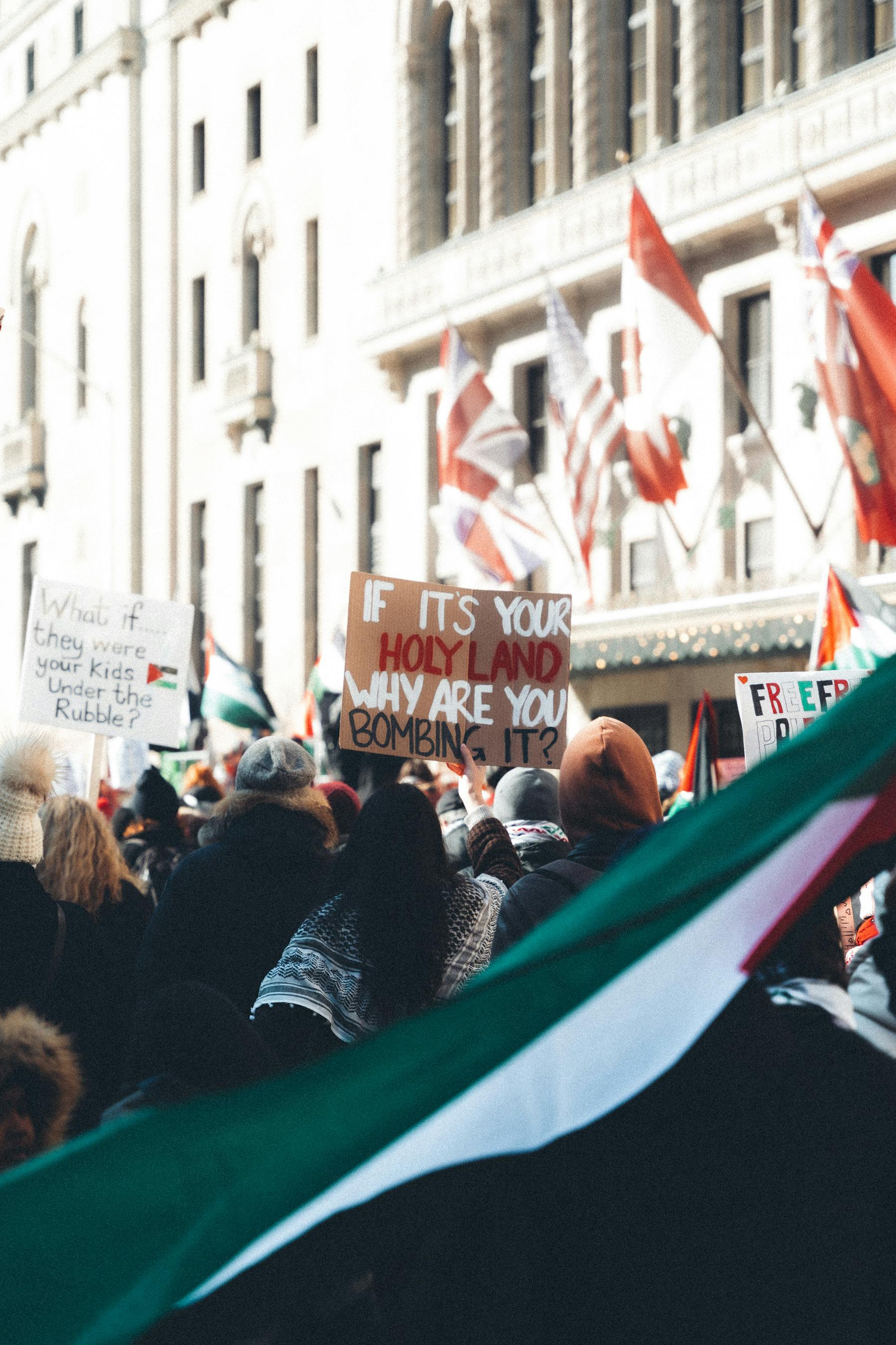Beyond Ceasefire: Building Lasting Peace In The Middle East

The Middle East is at a critical juncture, with the ongoing conflict in Gaza underscoring the urgent need for a comprehensive approach to peace. While a ceasefire in Gaza is a crucial first step, it alone is not sufficient to ensure long-term stability in the region. Building lasting peace in the Middle East requires addressing the root causes of conflict through economic development, political reform, and social reconciliation.
Immediate Steps Post-Ceasefire
Stabilizing the region in the immediate aftermath of a ceasefire is paramount. This involves securing the ceasefire agreement to prevent any immediate flare-ups and ensuring that all parties adhere to the terms. Humanitarian aid and rebuilding efforts must follow swiftly to address the urgent needs of the affected populations. Providing emergency relief, such as food, medical supplies, and shelter, is critical. Additionally, rebuilding critical infrastructure, including hospitals and schools, is essential to restore normalcy and foster hope among the residents.
Addressing Root Causes
To achieve lasting peace, it is imperative to address the underlying issues that fuel conflict in the region.
Economic Disparities and Development Promoting economic development is crucial to create job opportunities and improve living standards. Investments in infrastructure, education, and technology can drive sustainable economic growth. By fostering economic stability, the region can reduce the allure of militant groups and provide a more hopeful future for its youth.
Political Reforms and Governance Political inclusivity and fair governance are key to stability. Encouraging political reforms that promote inclusivity and participation can help bridge divides and build trust among different communities. Strengthening institutions to ensure fair governance and accountability can prevent the abuse of power and foster a culture of transparency.
Social and Cultural Reconciliation Fostering dialogue and understanding between different communities is essential for social reconciliation. Addressing historical grievances through truth and reconciliation processes can promote justice and healing. Creating platforms for cultural exchange and dialogue can help break down stereotypes and build mutual respect.
Role of International Community
The international community plays a vital role in supporting peacebuilding efforts in the Middle East.
Support from the UN and Major Powers Ensuring continued international attention and support is critical. The United Nations and major powers must remain engaged in the peace process, providing the necessary resources and diplomatic backing. Mobilizing resources for peacebuilding efforts, including financial aid and technical assistance, can help sustain progress.
Examples of Successful Peacebuilding Efforts in Other Regions Learning from peacebuilding experiences in other regions, such as the Balkans and Africa, can provide valuable insights. These regions have seen varying degrees of success in their peacebuilding efforts, offering lessons on what strategies might be adapted to the Middle Eastern context. For example, the use of international peacekeepers and the establishment of transitional justice mechanisms have been effective in other conflict zones.
Future Vision for the Middle East
Achieving lasting peace in the Middle East requires a vision for the future that includes regional integration, cooperation, and long-term development goals.
Steps Towards Regional Integration Promoting trade and economic cooperation among Middle Eastern countries can foster interdependence and reduce the likelihood of conflict. Establishing regional bodies to address common challenges, such as water scarcity and energy needs, can enhance cooperation and collective problem-solving.
Promoting Cooperation Over Competition Encouraging collaborative projects, such as joint infrastructure initiatives and shared resource management, can build trust and demonstrate the benefits of cooperation. Building trust through joint initiatives in areas like energy and water resources is crucial for long-term stability.
Long-term Goals for Prosperity and Stability Setting measurable goals for economic and social development can guide the region towards prosperity. Establishing a vision for a peaceful, prosperous Middle East, where economic growth, political stability, and social harmony are prioritized, is essential. These goals should be ambitious yet achievable, with clear benchmarks and timelines.
Conclusion
The path to lasting peace in the Middle East is complex and requires a multifaceted approach. While a ceasefire in Gaza is a critical first step, it must be followed by comprehensive efforts to address the root causes of conflict. By focusing on economic development, political reform, and social reconciliation, and with the continued support of the international community, the region can move towards a future of stability and prosperity. The vision for a stable and prosperous Middle East is achievable, but it requires sustained effort, cooperation, and a commitment to peace from all stakeholders.
Author: Gerardine Lucero
The Self-Destructive Nature Of Anti-Tourism Protests: Balancing Resident Concerns With Tourism Benefits
In recent years, anti-tourism protests have become increasingly common across popular tourist destinations. From the Bal... Read more
Military And Strategic Implications Of The Ukrainian Drone Attack In Kursk
On a recent morning, the Kursk region in south-western Russia witnessed an unexpected and significant event: a Ukrainian... Read more
Chinese Tech Stocks Gain Ground Despite Wall Street Technology Sell-Off
Chinese tech shares in Hong Kong gained on Friday, defying a technology stock sell-off on Wall Street, driven by strong ... Read more
Defense Pact Between Britain And Germany: A Focus On Cybersecurity And Joint Operations
In a move set to redefine European defense collaboration, Britain and Germany have signed a comprehensive defense pact a... Read more
US Secret Service Director Steps Down After Trump Assassination Attempt
Security lapses admitted by Kimberly Cheatle prompt resignation.Kimberly Cheatle, the head of the US Secret Service, has... Read more
Kamala Harris Promises A Brighter Future In Official Campaign Launch
In a vibrant and impassioned campaign launch, Vice President Kamala Harris vowed to lead America toward a "brighter futu... Read more

